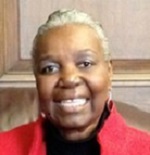Editorial Team
We are a core group of editors at Tisch College of Civic Life at Tufts University, as well as a network of editorial associates from other institutions.
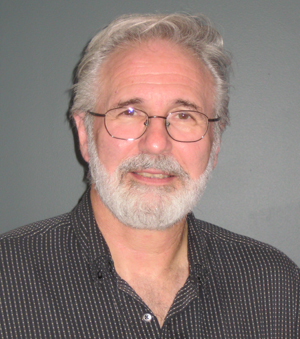
Carmen Sirianni, editor-in-chief. Carmen is the Morris Hillquit Professor Emeritus in Sociology and Public Policy at Brandeis University. He has been a fellow at the Ash Center for Democratic Governance and Innovation at the Kennedy School of Government, Harvard University, and at the Institute for Advanced Studies in Princeton. He is an elected fellow of the National Academy of Public Administration. His most recent book, Renewable Civic Energy: Engagement and Policy for a Climate Resilient America, will be published later this year. To learn more about Carmen, check out his bio.
Email: carmensirianni511@gmail.com

Peter Levine, executive editor. Peter serves as Associate Dean for Academic Affairs at Tufts University’s Jonathan M. Tisch College of Civic Life, where he is also the Lincoln Filene Professor of Citizenship & Public Affairs. Peter’s most recent book is What Should We Do? A Theory of Civic Life (Oxford University Press, 2022), To learn more about Peter, check out his bio.
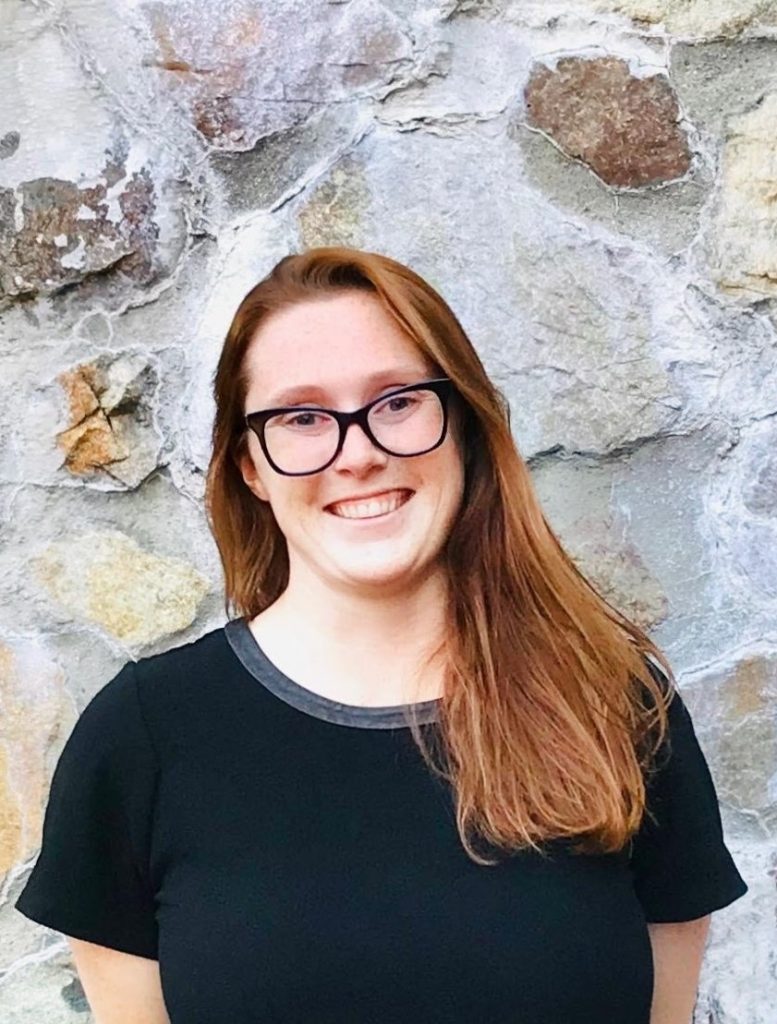
Ann Ward, managing editor. Ann has a PhD in sociology from Brandeis University, with dissertation on the climate movement in the U.S. She served as a Bonner Service Leader through AmeriCorps for four years. Ann is the Education and Outreach Program Administrator at Tufts University’s Office of Sustainability.
Senior Editorial Associates
Our senior editorial associates contribute in various ways. All advise us on a periodic basis in those areas of scholarship and practice they know best. Some also take responsibility for crafting core questions and providing resource suggestions, such as items for our Bookshelf, Glossary, or Policy sections. They link us to innovative practitioners and community-based organizations to help expand our perspectives. Some even facilitate team contributions by students, civic and professional associations, or agency colleagues. We view our senior associates as a learning community to advance civic practices, collaborative models, and democratic values in efforts to create more sustainable, resilient, and just communities and institutions in the face of climate crisis.

Diane Jones Allen. Diane is currently the Program Director for Landscape Architecture, College of Architecture, Planning, and Public Affairs, at the University of Texas at Arlington. She is also Principal Landscape Architect with DesignJones LLC in New Orleans, Louisiana which received the 2016 American Society of Landscape Architects (ASLA) Community Service Award. To learn more about Diane, check out her bio.

Erin Barnes. Erin is co-founder and CEO of ioby, an award winning civic tech nonprofit which mobilizes neighbors who have good ideas to become powerful civic leaders who plan, fund, and make positive change in their own neighborhoods. To learn more about Erin, check out her bio.
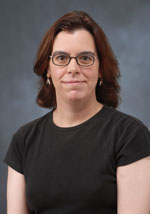
Melissa Bass. Melissa is an associate professor of Public Policy Leadership at the University of Mississippi. Her research on the politics and civics of national service over several generations sets the frame for further innovation. She also studies policy design on adoption and K-12 education. To learn more about Melissa, check out her bio.

Bryan Bell. Bryan is a public interest designer and writer. In 1991 he founded the nonprofit organization Design Corps. His current work includes the SEED Network which Bell co-founded. He has co-edited five books, organized nineteen Structures for Inclusion international conferences, and 33 Public Interest Design Institutes. He currently teaches Public Interest Design at NC State University.
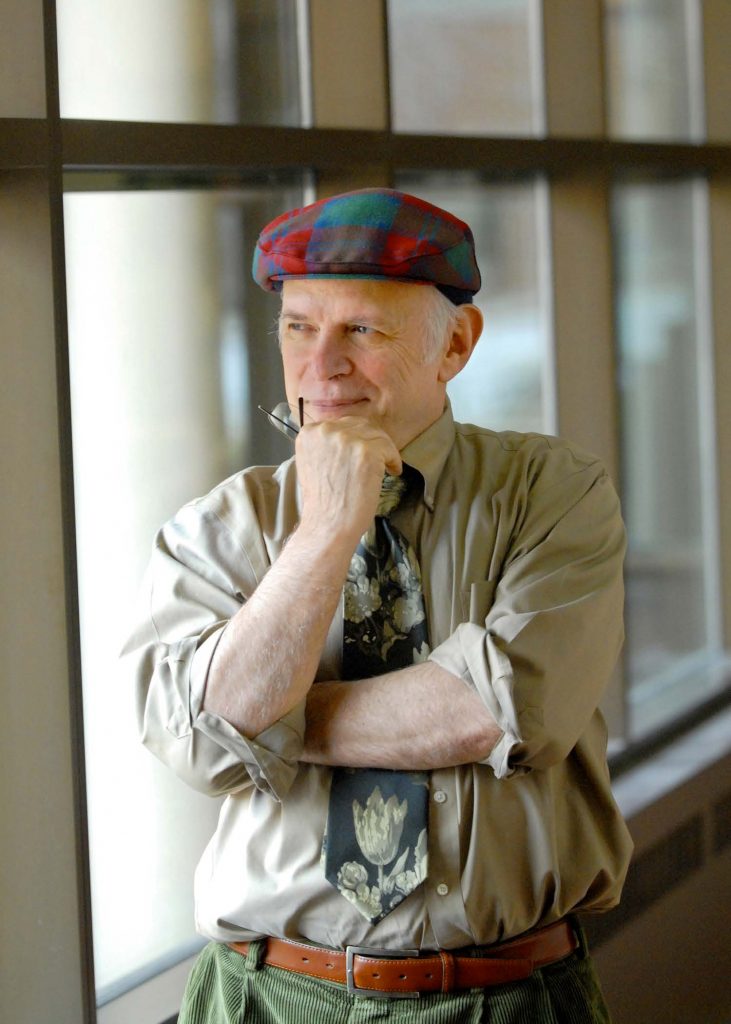
Harry Boyte. Harry is a Senior Scholar for Public Work Philosophy at Augsburg College, and an Affiliate Faculty Member at the Humphrey School of Public Affairs, University of Minnesota. Harry is a public intellectual, organizer, and theorist of the public work framework of civic engagement. To learn more about Harry, check out his bio.

Judy Braus. Judy is executive director of the North American Association for Environmental Education (NAAEE). She brings a wealth of experience in the environmental education profession, with a focus on conservation education, diversity and inclusion, and empowering local communities, stakeholders, and individuals to help restore and protect the environment. To learn more about Judy check out her bio.

Rob Brenner. Rob was Director of the Air Policy Office, at the Environmental Protection Agency (EPA) from 1988 until his retirement from Federal service in 2011. He played a key role in the development, Congressional passage and implementation of the Clean Air Act Amendments of 1990 and in the Community Action for a Renewed Environment (CARE) program. To learn more about Rob check out his bio.
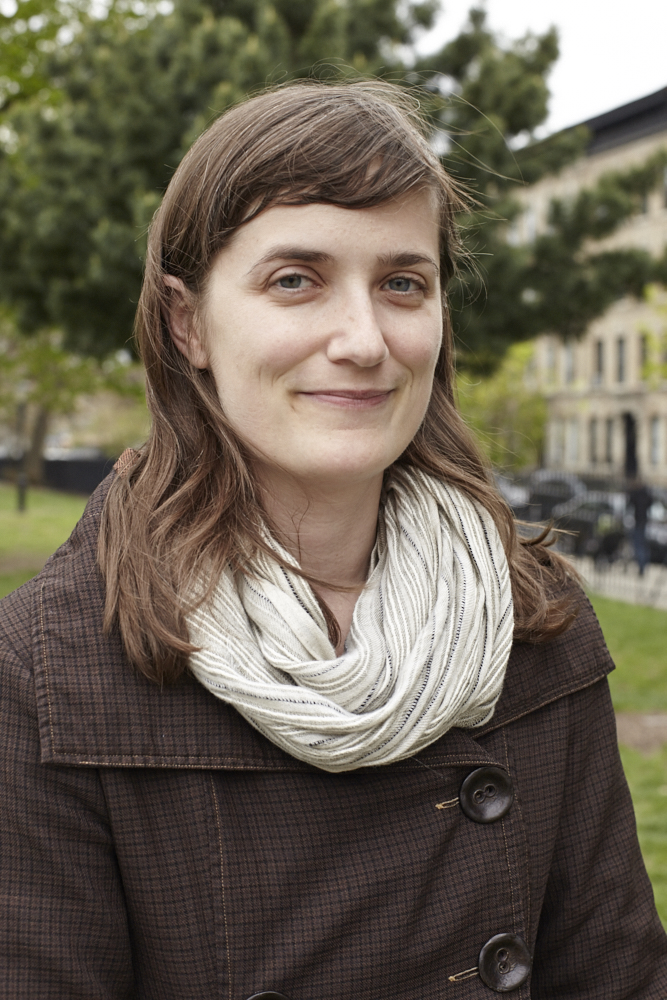
Lindsay K. Campbell. Lindsay is a research social scientist with the USDA Forest Service Northern Research Station. She is based at the New York City Urban Field Station, which is a partnership between the Forest Service and the NYC Department of Parks & Recreation. Her current research explores the dynamics of environmental governance, natural resource stewardship, and sustainability policymaking. To learn more about Lindsay, check out her bio.
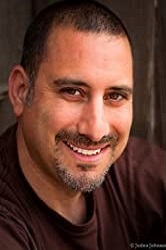
Jason Corburn. Jason is a Professor in the Department of City and Regional Planning and School of Public Health at the University of California-Berkeley. He directs the Institute of Urban and Regional Development and the Center for Global Healthy Cities. He also co-directs the joint Master of City Planning (MCP) and Master of Public Health (MPH) degree program at UC Berkeley. To learn more about Jason, check out his bio.
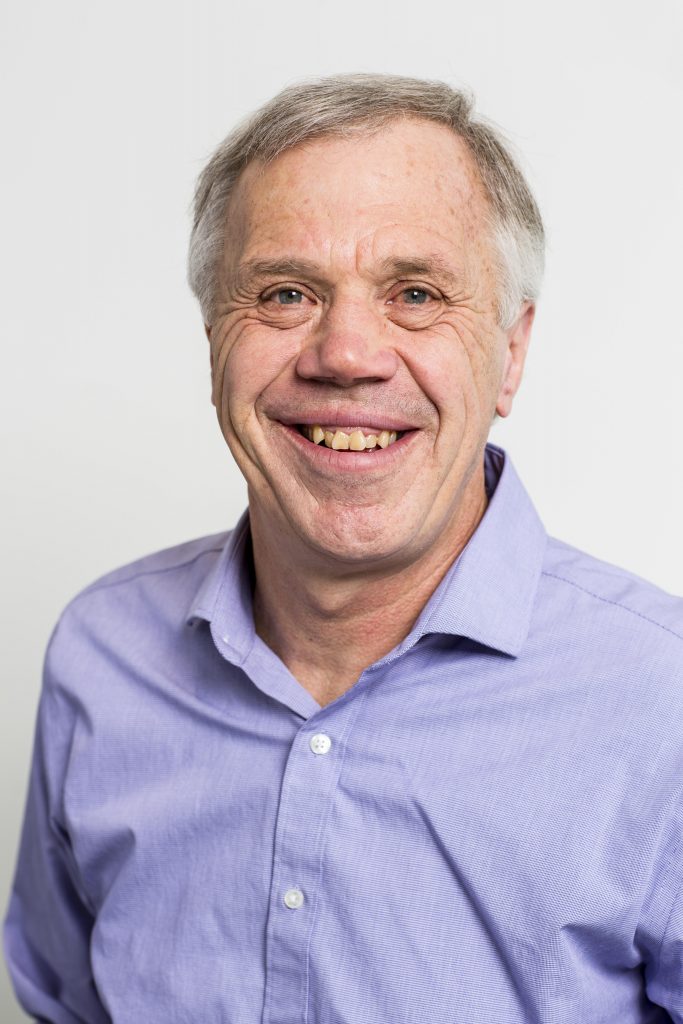
Jim Diers. Jim is an author, consultant, and urban innovator. He was appointed the first director of Seattle’s Department of Neighborhoods in 1988 where he served under three mayors over the next 14 years. Jim now shares the lessons from that work as an internationally-recognized speaker and consultant. To learn more about Jim, check out his bio.
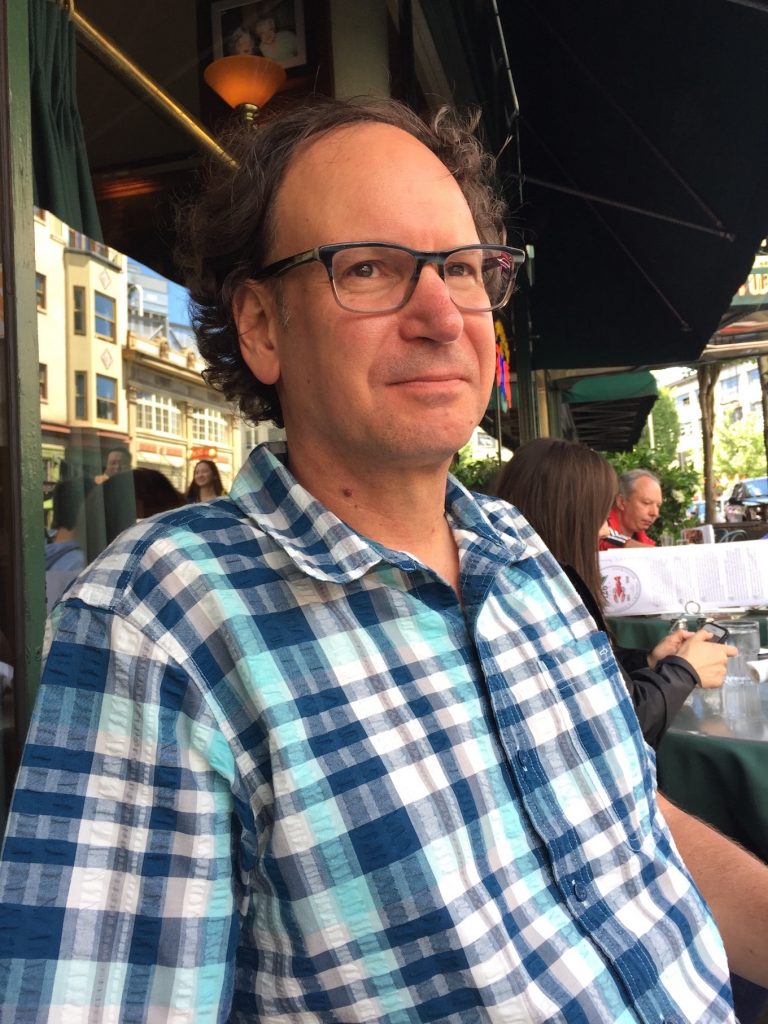
Albert Dzur. Albert is Distinguished Research Professor in political science and philosophy at Bowling Green State University. He is a democratic theorist interested in the ways contemporary institutions and professions can foster meaningful citizen participation. His latest book is Albert W. Dzur and Carolyn M. Hendriks, Democracy in Action: Collective Problem Solving in Citizens’ Governance Spaces (Oxford University Press, 2025). To learn more about Albert, check out his bio.
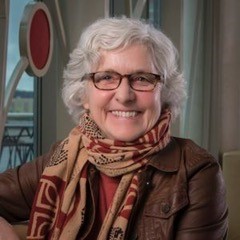
Connie Flanagan. Connie is the Vaughan Bascom Professor of Women, Family and Community and Associate Dean Emerita of the School of Human Ecology at the University of Wisconsin-Madison. Her scholarship focuses on the development of political theories during adolescence and young adulthood. To learn more about Connie, check out her bio.
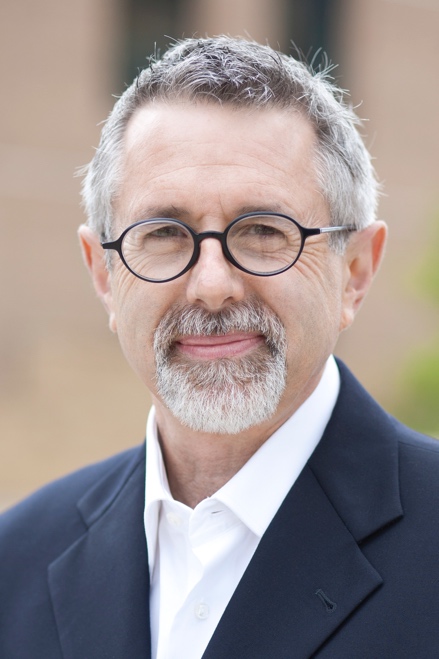
Lewis A. Friedland. Lew is the Vilas Distinguished Research Professor, School of Journalism and Mass Communication at University of Wisconsin-Madison. He studies civic communication and innovation, and is an award-winning PBS documentary producer. To learn more about Lew, check out his bio.
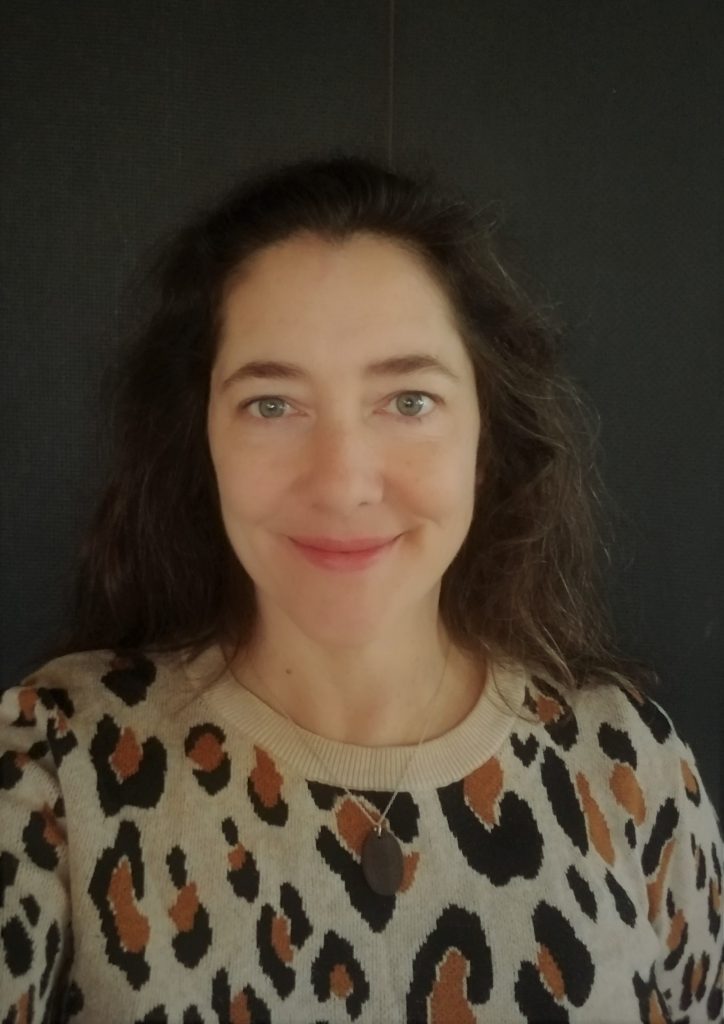
Erin Gallay. Erin is an educator and researcher of youth environmental civic engagement and place-based stewardship education. Her scholarship and practice are grounded in the intersection of environmental and social justice and focus on the educational experiences that foster young people’s identification with and action for the environmental and community commons. To learn more about Erin, check out her bio.
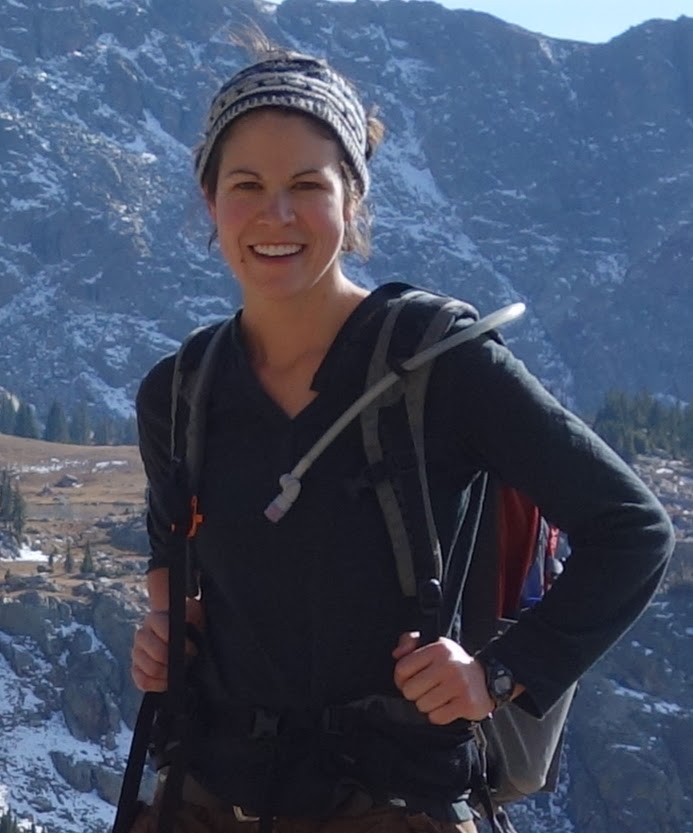
Sarah Hines. Sarah serves as a coordinator and project manager for the Urban Field Station Network within the USDA Forest Service, working with diverse communities to develop and advance knowledge and practical solutions to interrelated ecological, social, and economic issues and challenges. To learn more about Sarah, check out her bio.

Helen Ingram. Helen is a Professor Emeritus at the University of California Irvine. She is a recognized leader in public policy issues related to science and society, environmental policy, trans boundary environmental policy, and water resources policy, and she helped to develop an approach to “policy design for democracy.” To learn more about Helen, check out her bio.
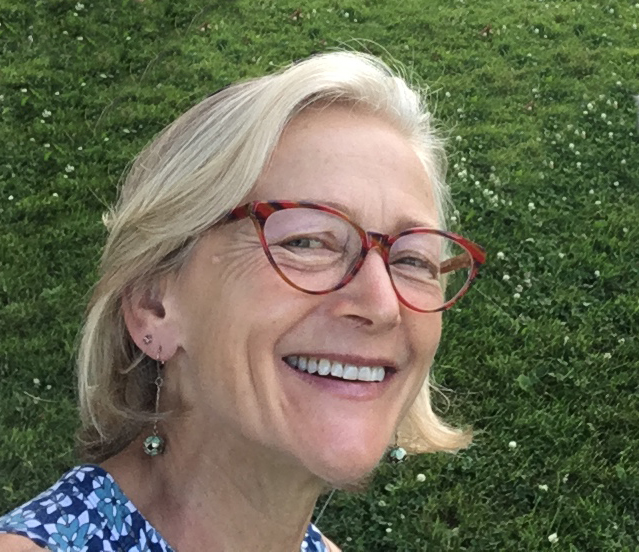
Mrill Ingram. Mrill Ingram is Participatory Action Research Scientist at the Center for Integrated Agricultural Systems, UW-Madison, currently working on agricultural transformation in the U.S. corn belt. Along with work on alternative agricultural networks, her scholarship has focused on environmental art-science collaboration, narrative in environmental social movements, environmental policy, organic agriculture, and microbial biopolitics. To learn more about Mrill, check out her bio.
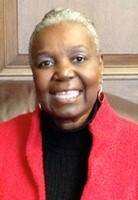
Marva E. King. Marva is a leading expert on and contributor to efforts to promote environmental justice in America. She has earned numerous prestigious awards including the 2017 EJ Trailblazer Award, 2010 EPA Gold Medal for the Community Action for a Renewed Environment (CARE) Program, and the 2010 Children’s Environmental Health Network’s Child Health Advocate Award. To learn more about Marva, check out her bio.
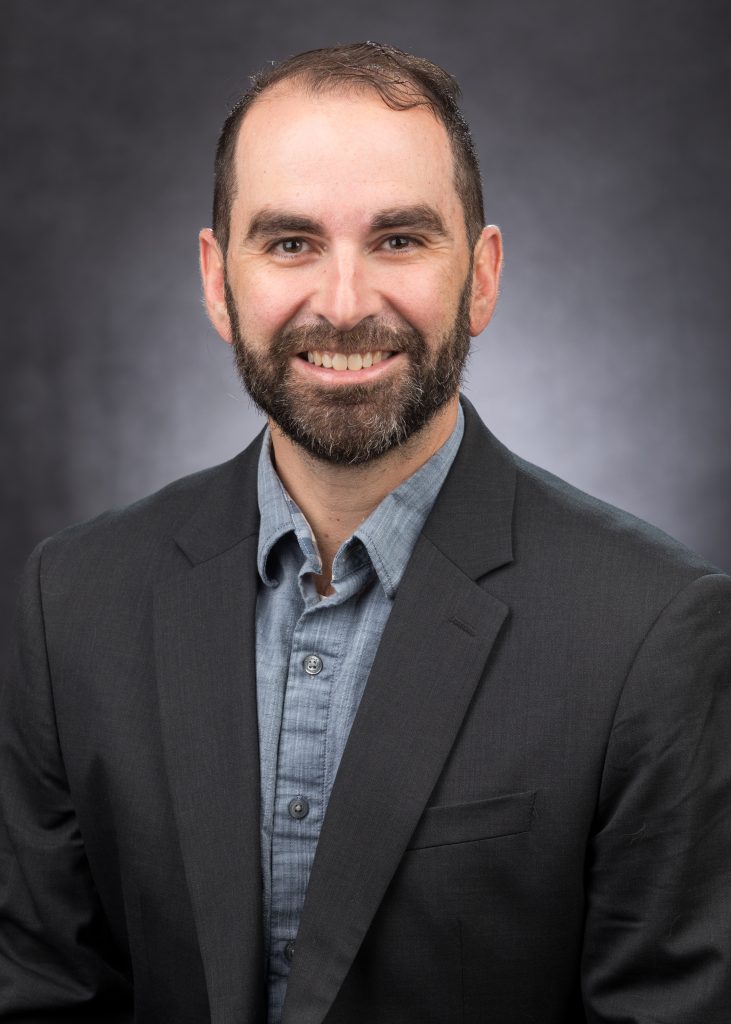
Nicholas V. Longo. Nicholas is a professor in the Department of Global Studies and a faculty fellow for engaged scholarship with the Center for Teaching Excellence at Providence College. He also co-directs the Dialogue, Inclusion, and Democracy (DID) Lab which focuses on using deliberative, community-based pedagogies to promote equity and democracy. To learn more about Nicholas, check out his bio.
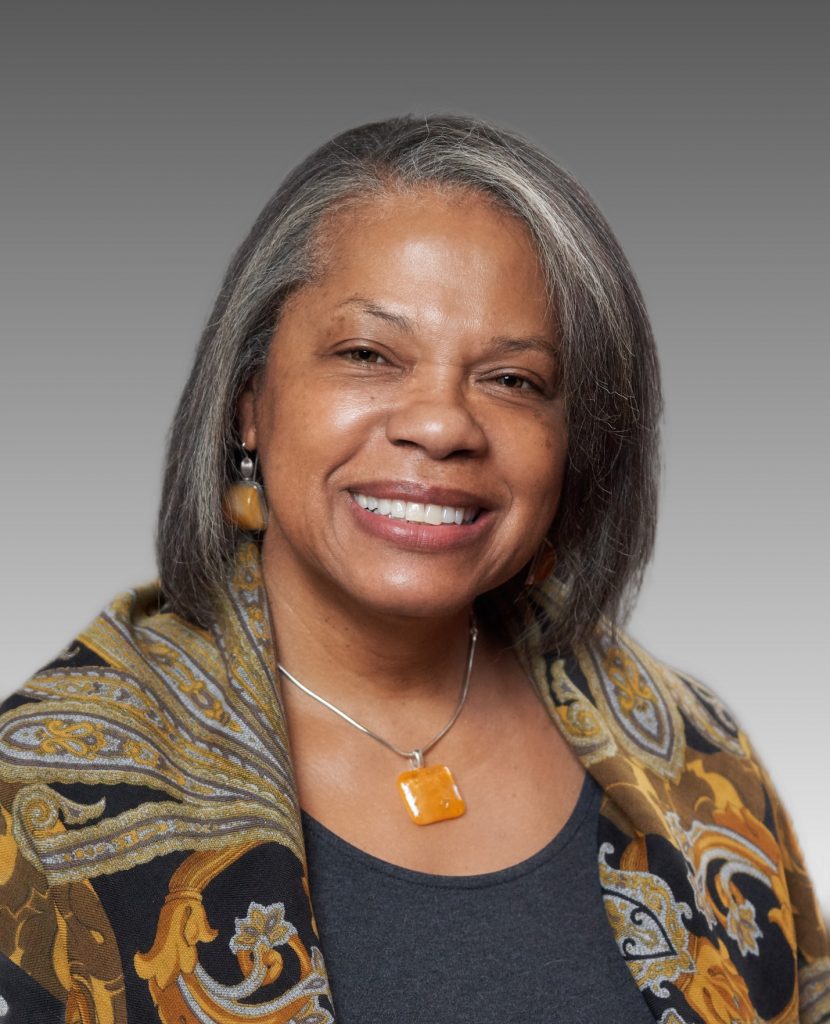
Valerie Lemmie. Valerie joined the Kettering Foundation in 2014 after a distinguished career in public service. She served as city manager for the cities of Petersburg, Virginia, and Dayton and Cincinnati, Ohio. Lemmie currently serves as chair of the board of the National Civic League. To learn more about Valerie, check out her bio.
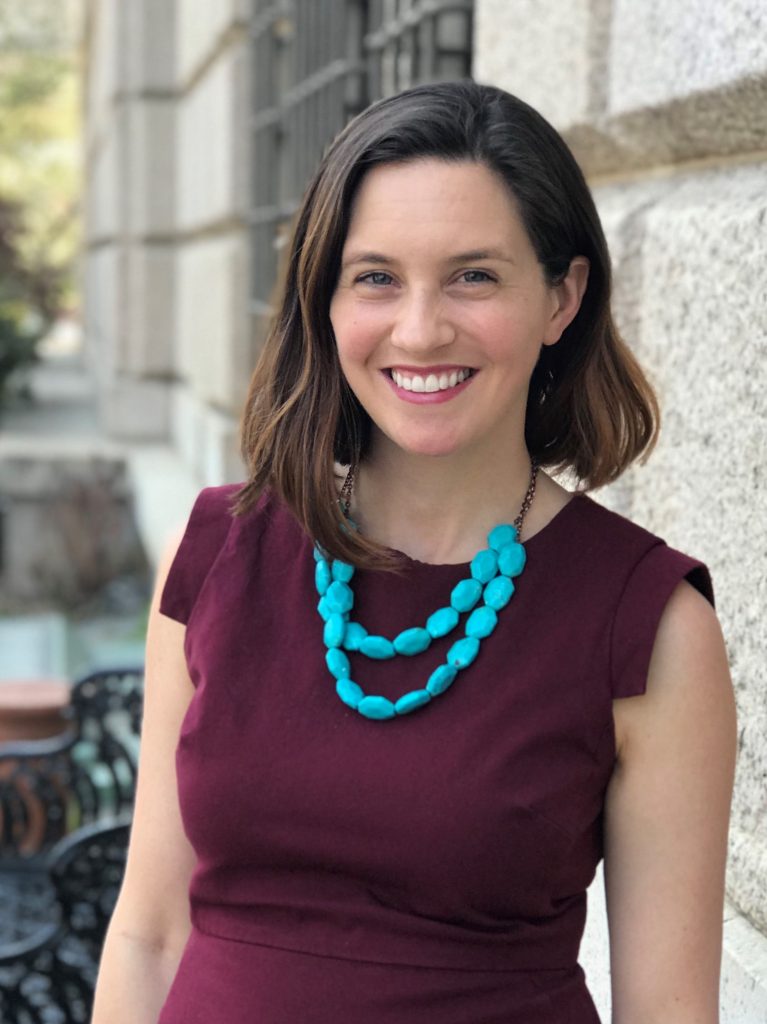
Lauren Marshall. Lauren is the National Program Manager, Urban & Community Forestry at the US Forest Service, State and Private Forestry and Cooperative Forestry. Through processes embedded in community engagement and power sharing, she helps people weave natural infrastructure into the fabric of their communities, connecting them to the natural world. To learn more about Lauren, check out her bio.
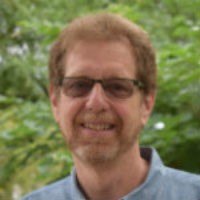
Mike McGrath. Mike is Director of Research and Publications at the National Civic League. He is an award-winning writer/editor/researcher with expertise in local government, political reform, civic engagement and urban policy. His writings have appeared in newspapers, magazines, books and blogs. To learn more about Mike, check out his bio.
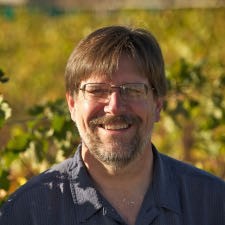
Vince Meldrum. Vince is a leading advocate for the incorporation of youth voice and civic engagement into STEM and environmental education. Over the last 35 years Vince has taught, coached, developed programs, and managed organizations all with an eye toward preparing young people to be active participants in their community and our democracy. To learn more about Vince, check out his bio.
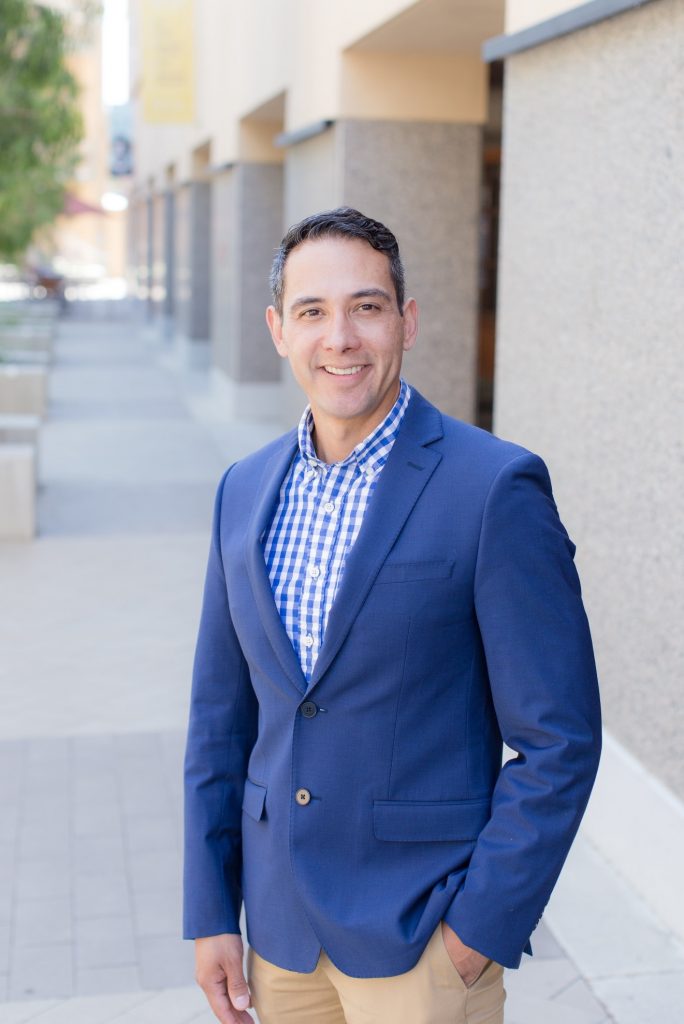
Michael Méndez. Michael is an assistant professor of environmental policy and planning at the University of California, Irvine, focusing especially on environmental justice. He has more than a decade of senior-level experience in the public and private sectors, where he consulted and actively engaged in the policymaking process. To learn more about Michael, check out his bio.
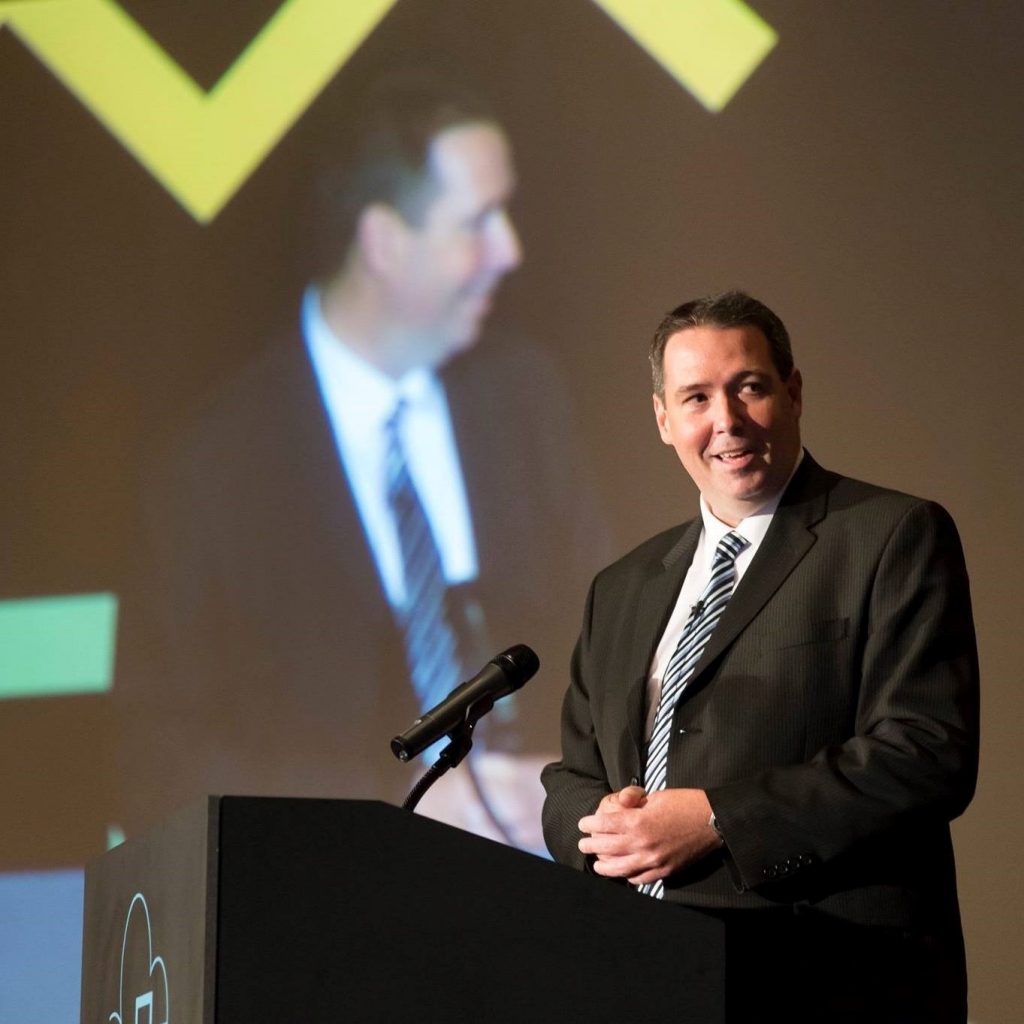
Joel Mills. Joel is Senior Director of the Architects Foundation’s Center for Communities by Design. The Center is a leading provider of pro bono technical assistance and democratic design for community success. To learn more about Joel, check out his bio.
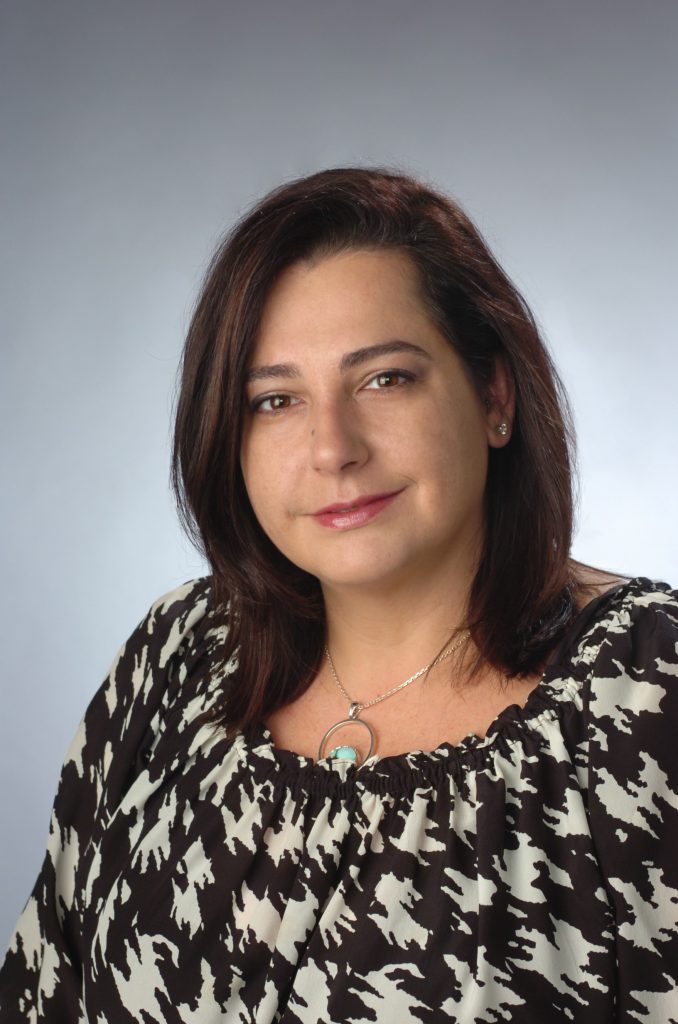
Tina Nabatchi. Tina is the Joseph A. Strasser Endowed Professor in Public Administration and the Director of the Program for the Advancement of Research on Conflict and Collaboration (PARCC) at the Syracuse University Maxwell School of Citizenship and Public Affairs. To learn more about Tina, check out her bio.
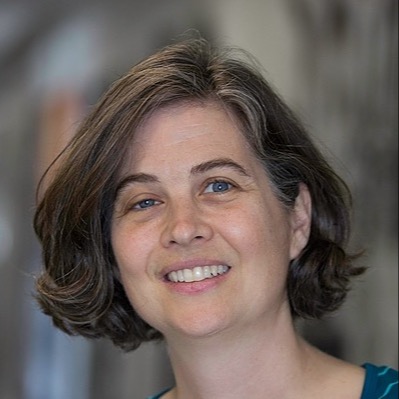
Christina Rosan. Christina is an Associate Professor in the Geography and Urban Studies Department at Temple University. Rosan’s research focuses on urban sustainability and the politics of becoming a green city. She is particularly interested in how we make cities more sustainable and just. To learn more about Christina, check out her bio.
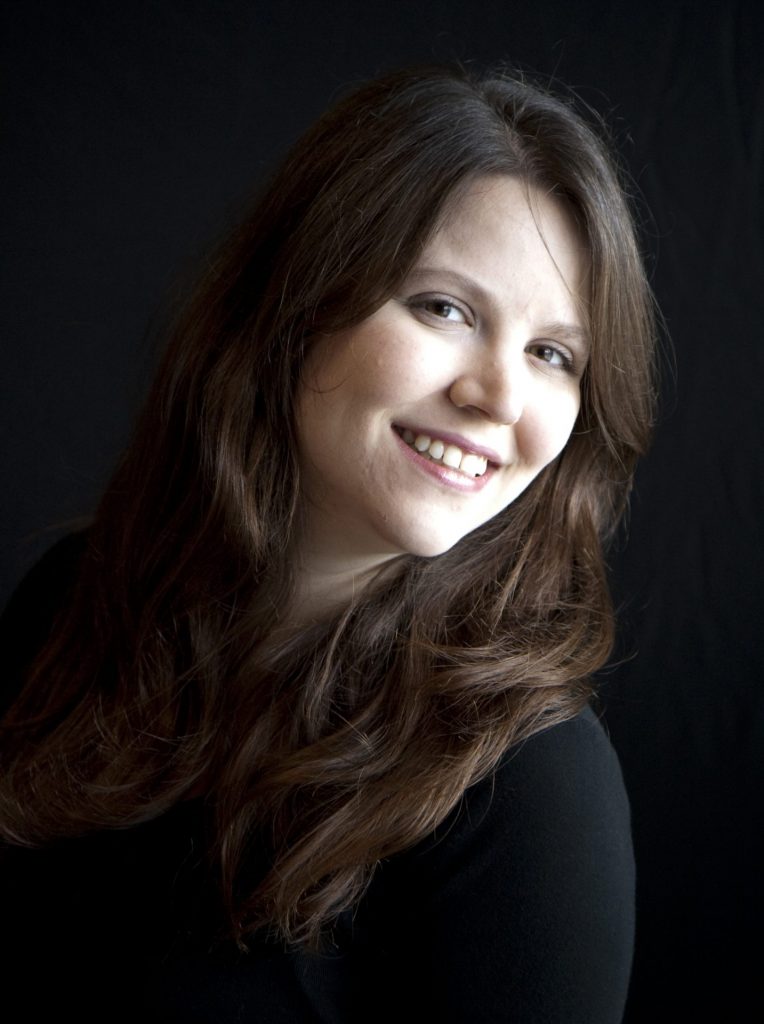
Taryn Sabia. Taryn is Director of the Florida Center for Community Design and Research (FCCDR) at the University of South Florida’s School of Architecture and Community Design. As a Research Associate Professor, she manages projects concerning urban design policy, climate change adaptation and resiliency, urban form, urban transportation systems, and community engagement. To learn more about Taryn, check out her bio.
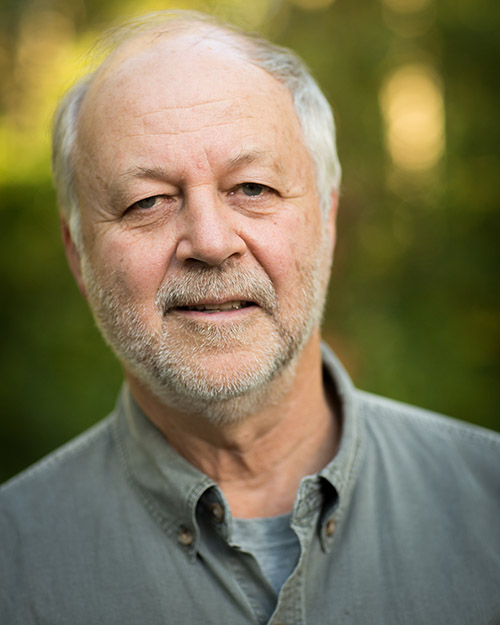
George Scarlett. George is a Sr. Lecturer and Tisch Fellow in the Eliot-Pearson Department of Child Study and Human Development at Tufts University. He is also Editor of the online magazine, Tomorrow’s Earth Stewards. To learn more about George, check out his bio.

Steven Rathgeb Smith. Steve is the executive director of the American Political Science Association, and a scholar of nonprofits. His framing of “policy design for democracy” (with Helen Ingram and Anne Larason Schneider) has been critical to the field. To learn more about Steve, check out his bio.
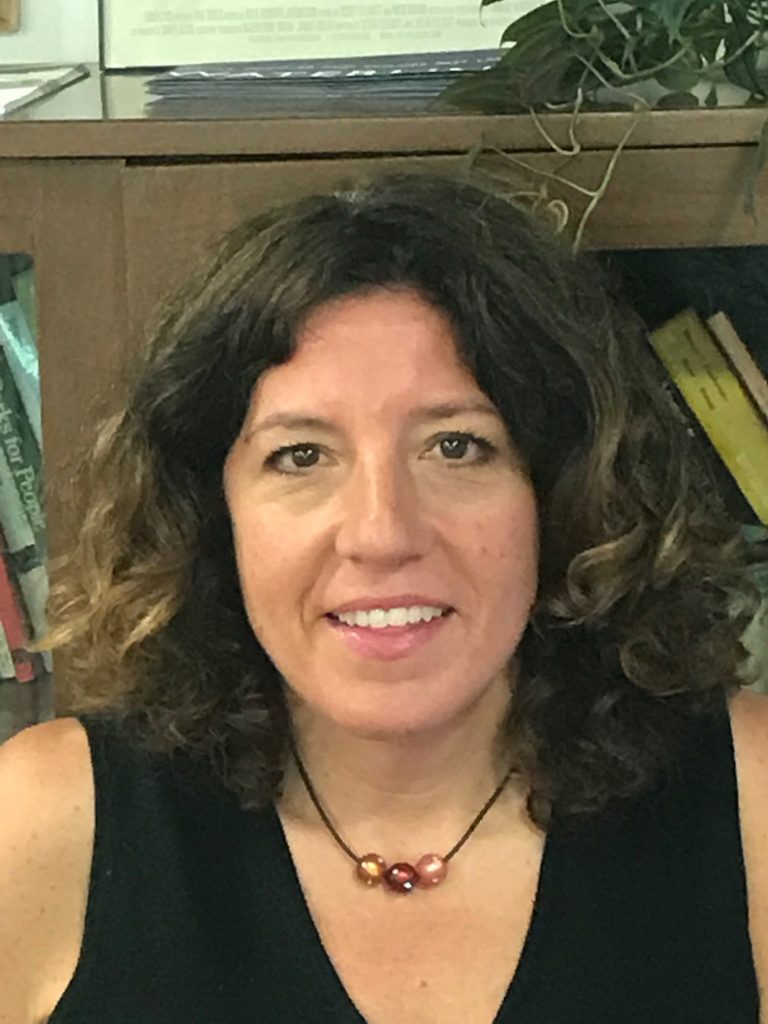
Erika Svendsen. Erika is a social scientist with the USDA Forest Service. Erika studies environmental stewardship as it relates to governance, civic engagement and urban forestry. Erika is also co-director of the NYC Urban Field Station. To learn more about Erika, check out her bio.
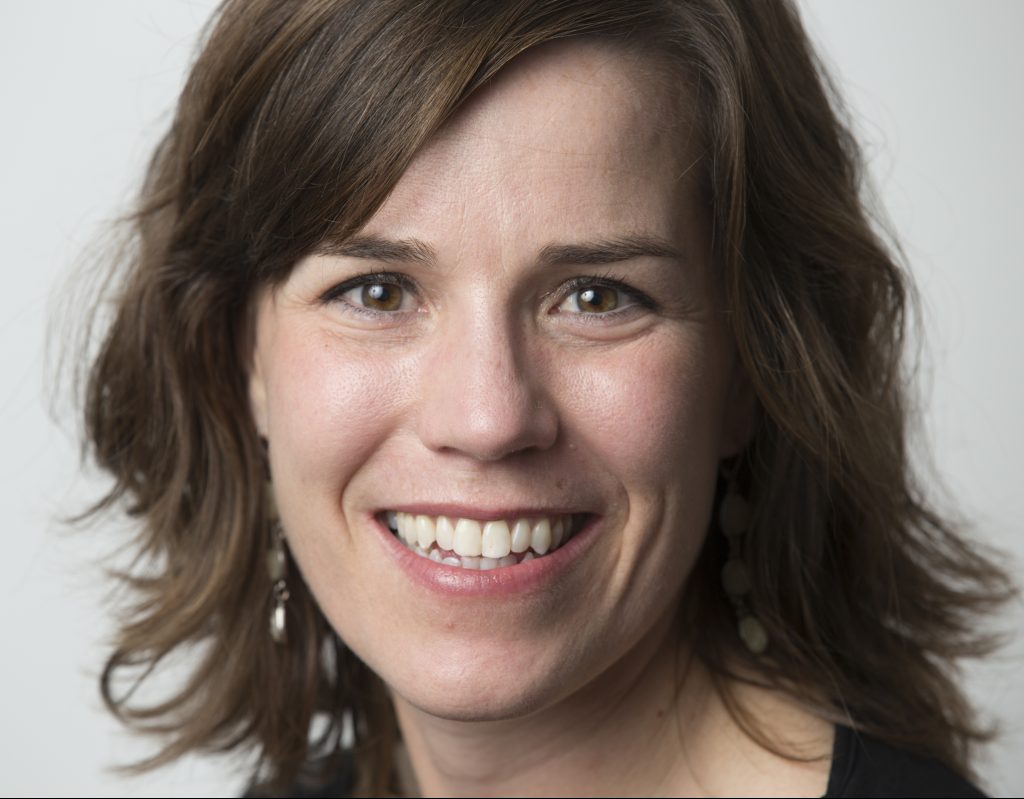
Anne Taufen. Anne is associate professor of Urban Studies at the University of Washington Tacoma. Her research focuses on equitable governance, port city infrastructures, and the social-ecological networks of urban regions. To learn more about Anne, check out her bio.
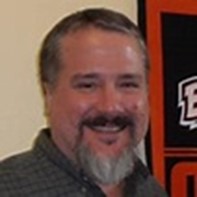
Edward Weber. Ed is the Ulysses Dubach Professor of Political Science in the School of Public Policy at Oregon State University. He specializes in American political institutions, regulation, bureaucracy, public policy, and collaborative community conservation. To learn more about Ed, check out his bio.
Theme Teams
Our teams work collaboratively to take a deep dive into their respective fields. These teams curate content in their professions and agencies, and work to develop integrative and strategic perspectives.
Architects and community design
Our architects team is interested in the drawing out the connections between sustainable communities, community engagement, and the design profession.
Environmental education
Our environmental education team explores a wide array of pedagogical practices, from place-based stewardship education and community-based action research to citizen science projects.
Environmental justice
Our environmental justice team explores different strategies, tactics, and potential solutions for environmental justice issues in local, state, and national contexts.
Urban and community forestry
Our urban and community forestry team works at all levels of the federal system, through the U.S. Forest Service, with state and local agencies, professional associations, research stations, and community organizing groups.
Consultants

Alberto Medina, Communications Advisor. Alberto oversees a wide range of communications tasks: writing articles that share stories of civic engagement at Tufts, managing the Tisch College website and social media accounts, preparing remarks and presentations for the dean, etc. Additionally, he provides key editorial support to the CIRCLE research team, managing the research website and writing up and disseminating key findings. Alberto has been a freelance writer and editor, and previously worked at national newspapers in his native Puerto Rico and at multinational publishing houses. He is a graduate of Yale University.


